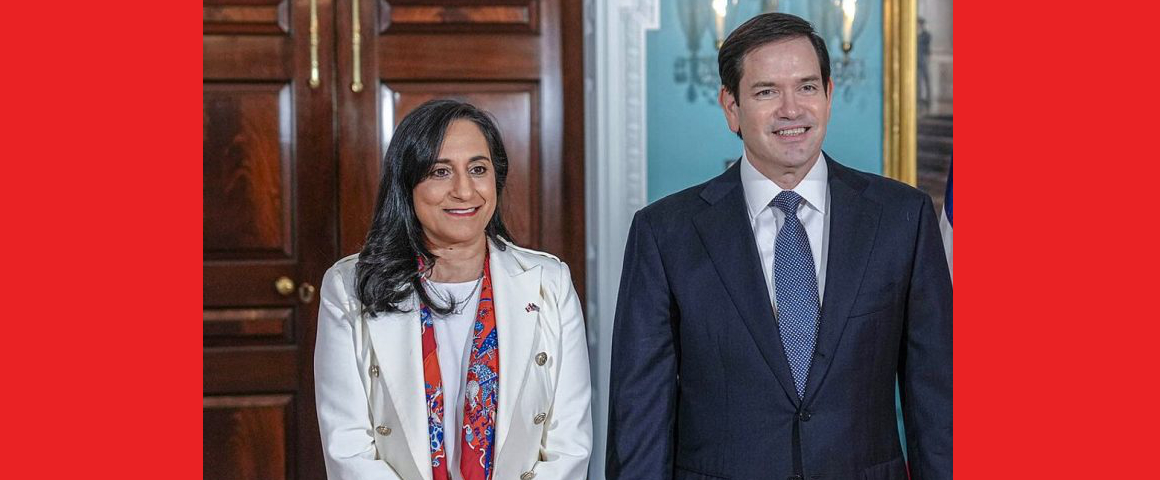“We are fighting to be poor!”
Dave McKee
Faced with a rapidly rising cost of living, workers everywhere are preoccupied with winning wage increases that at least match the rate of inflation. But for an estimated 1.4 million working people, even doubling their income would leave them living in poverty.
These are people who rely on government disability benefits for their livelihood. Most such programs are provided provincially, such as the Ontario Disability Support Program (ODSP), but there are also some federal supports in the form of the disability tax credit and the Canada Pension Plan disability benefit. However, disability benefits do not provide anything close to a livable income. In 2018, 16.6 percent of people with disabilities were living in poverty; furthermore, of the two million people living in deep poverty, with income below 75 percent of the official poverty line, 30 percent or nearly 700,000 had a disability.
Their struggle took a significant step forward recently, with the House of Commons’ passage of legislation to create a Canada Disability Benefit (CDB), but there is still a long road ahead before people with disabilities receive adequate incomes and supports to allow them to live in dignity.
Bill C-22, The Canada Disability Benefit Act unanimously passed third reading in the House on February 2 and, as of press time, is before the Senate. This is positive news, but disability rights activists have serious concerns about the weaknesses and pitfalls in the legislation.
Ron Anicich is Recipient Co-chair of the Policy and Research Committee at the ODSP Action Coalition, which has carefully followed Bill C-22 and the campaign for a CDB. He says one of the big frustrations is the terribly long time that people with disabilities have had to wait – the legislation was first introduced as Bill C-35 in June 2021 but died when the Liberals called a federal election less than two months later and was reintroduced as C-22 in June 2022.
While the new bill has made it further than its predecessor (C-35 didn’t make it past second reading in the House), Anicich and others are still concerned. “We have the same minority government situation. We have the same legislation. How do we know the same thing won’t happen again?” And to those who argues that Parliament always takes a long time to complete its work, he says that all comes down to a question of priorities. “Disabled people wait years, living and dying in terrible poverty, while the government decides whether or not to do something. But the decision to send Leopard 2 tanks to Ukraine was made in what, a week? How is it that the government can find money for that – for war – so quickly but there is such slow movement on getting disabled people out of poverty, which they say is an urgent priority?”
In addition to the long wait, the other main concern with the legislation is that it includes no specifics. C-22 is what is called framework legislation, so it simply describes the government’s intent to provide a CDB – the content, development and implementation of the program all happen later, with unspecified timelines for completion. Even after it is passed, the government has to determine critical details like who is eligible, how the benefit will be paid, how much the payments will be, what the application process will look like, how quickly the benefit will be delivered and whether it will be provided on a family or individual basis or both.
One of the biggest unknowns is how provincial governments will respond. Disability justice activists like Anicich worry that any federal benefit will be met with a corresponding reduction in provincial payments. “The Ontario government, for example, has made a habit of clawing back provincial benefits once federal ones are introduced. It has also been very aggressive about moving disabled people off ODSP and onto the lower-paying Ontario Works social assistance program, by playing around with the definition of disability.”
Already, corporate media like the Financial Post have raised the alarm that a CDB will be a “disincentive to work,” clearly echoing the Victorian notion of deserving and undeserving poor. It’s an attempt to introduce stiff means testing to weaken a benefit program that doesn’t even exist yet. It also promotes a narrative of disability benefit recipients as lazy or dishonest.
In fact, the vast majority of disability benefit recipients really are unable to work – a 2011 study of ODSP recipients suggested that nearly 90 percent were not in a position to work for a living. This reality is effectively proven by government programs which allow recipients to earn more income before benefits are clawed back – only a very small proportion of people with disabilities are able to take advantage of these limits. The suggestion that a huge group of people would choose to live in extreme poverty just so they could avoid having a job is both absurd and offensive.
Disability justice activists are discussing and strategizing how to best confront the weaknesses of Bill C-22. But they agree that a CDB is necessary. Anicich says the situation is so dire that even a small benefit will make a significant difference to hundreds of thousands of people, and hopefully provides something to build upon. “Disabled people are literally thousands of dollars below the poverty line – even doubling benefit rates, which is what we’re fighting for in the ODSP Action Coalition, only brings them to the poverty line at best. We are literally fighting to be poor!”
People with disabilities need a livable benefit program now, so that they can live with dignity. This means, at the very minimum, increasing rates by more than double to bring them above the poverty line. It means providing the benefit on the basis of need – defined by disability justice advocates, not by corporate think tanks and politicians whose intention is to keep hundreds of thousands of working people in legislated poverty. It means ensuring that federal and provincial programs complement one another to help people who need them, rather than serve as excuses for different levels of government to shirk their responsibility and implement program cuts and clawbacks.
It also means confronting other factors that contribute to poverty – expensive and inadequate housing, inaccessibility of services and programs, soaring medical and drug costs, and the multitude of barriers to employment for people with disabilities who are able to work.
Legislating 1.4 million working people to live in extreme poverty is a criminal act. It is a crime we are trained to not recognize because it is “logical” under capitalism, which relies on mass unemployment and poverty to recreate itself, but it is still a crime. Raising people with disabilities up from living in poverty is a challenge that the entire labour movement needs to take up, fight and win.
[Photo: Twitter @ODSPAction]
Get People’s Voice delivered to your door or inbox!
If you found this article useful, please consider subscribing to People’s Voice.
We are 100% reader-supported, with no corporate or government funding.




